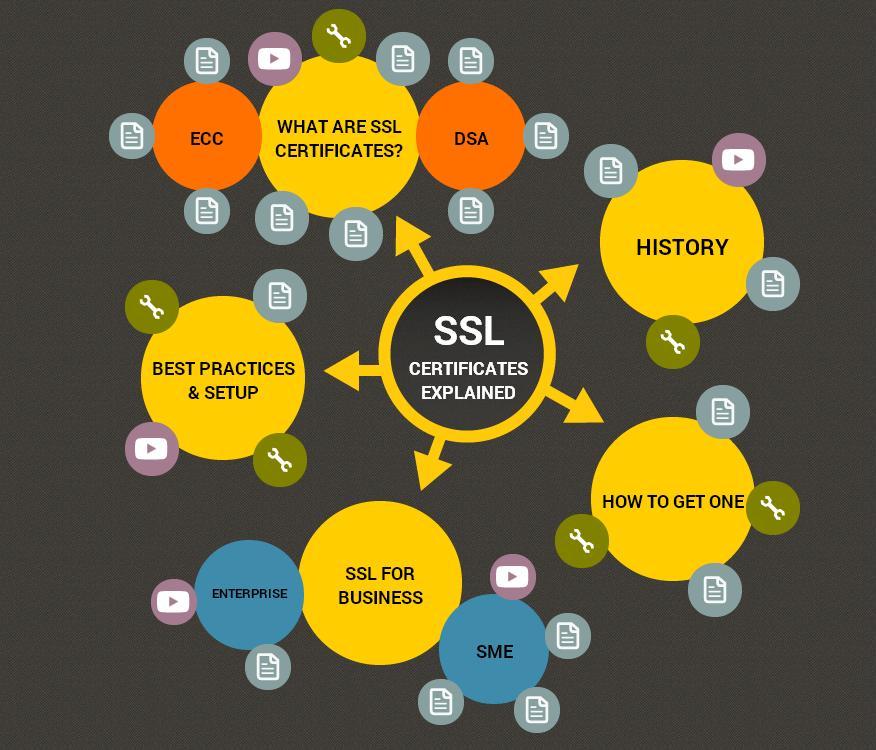The internet is a constantly evolving organism that seems to change and adapt almost every week. Just when we get used to one way of doing something, the goalposts seem to shift beyond all recognition.
Not that this is necessarily a bad thing. The internet is like a fine wine – it gets better with age. But as the internet matures and becomes more sophisticated, so do the threats we encounter online.
It is vitally important that SMEs start-ups do everything they can to counter such threats, particularly if they run a website which allows customers to make frequent transactions. SSL certificates are the most effective way for companies of varying sizes to prove they are serious about countering such a threat.
SSL is a system which means that all data passed between consumer and client is encrypted, preventing hackers from using it for illegal and illicit purposes. It is particularly important for a new start-up to consider investing in this type of software.
A good reputation is of paramount importance in business, and if you gain an early reputation for not putting the security of your customers first then you are likely to pay the price at some point down the line.
New online threats
The dangers posed online have definitely intensified as malware-infected websites and malicious emails currently pose a very real and obvious threat.
Where individual hackers working alone were once the most prominent threat that existed, there are now groups of cyber criminals working on sophisticated malware designed to fool even the most suspicious web user.
The strong motivation, coupled with high levels of sophistication, makes the malware produced by today’s cyber criminals more dangerous than ever before.
As web users, we’ve become notably savvy at spotting what might be an infected website or a malicious email – so criminals have been forced to come up with new and inventive ways to fool us.
According to recent research, more than 60% of malicious sites are just regular websites that have been compromised.
So, while we might have once looked out for a red flag to warn us of a malicious site (such as a dodgy domain name or a fault within the site), there’s now often no way to tell until it’s too late.
Not only that, but malicious emails have become more sophisticated over the years. This is one of the oldest forms of cyber criminality, so you’d be forgiven for thinking that it had been eradicated by now.
But they are still going strong, with criminals using compromised links – rather than attachments – to infect a computer or email account.




